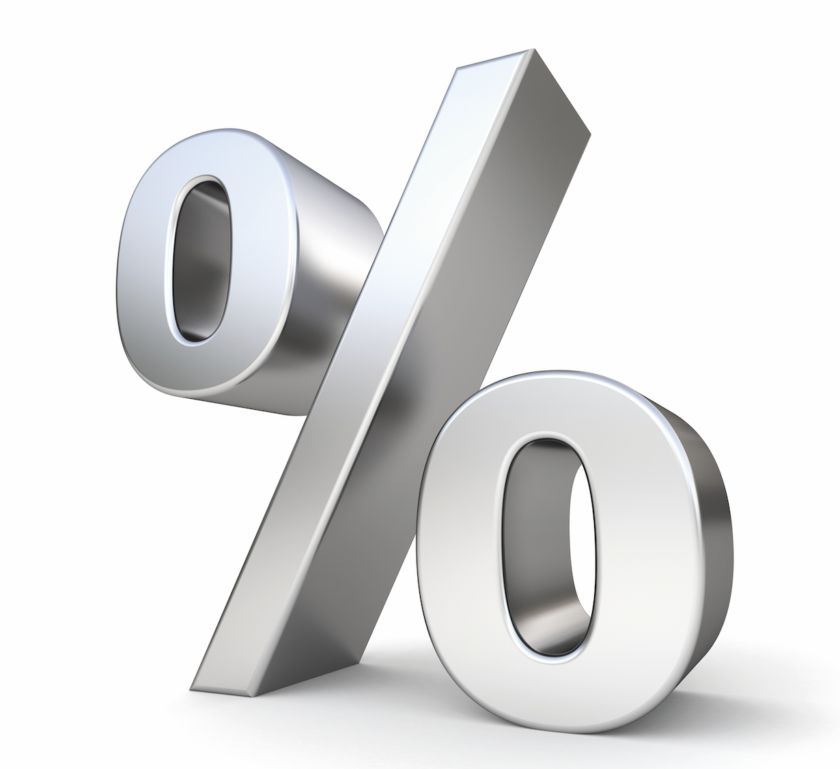UK inflation rose 0.7% in the 12 months to March, after dipping to 0.4% in February, driven by higher fuel prices, transport and clothes.
The consumer prices index including housing costs (CPIH) also increased from 0.7% to 1% over the same period.
The figures from the Office for National Statistics came in slightly lower than forecasts, offset by falls in the price of food, but are expected to rise in the coming months as the UK emerges from the Covid-19 lockdown.
According to the ONS, fuel prices in March showed their biggest annual increase since January 2020, with petrol prices at 123p per litre in March 2021, compared with 119.4p per litre in March 2020 and a low of 106.2p per litre in May 2020.
Meanwhile, clothing and footwear prices rose by 1.6% between February and March, compared with a fall of 0.3% between the same two months a year ago.
Adam Vettese, analyst at eToro, said: “The first signs of inflation are starting to emerge now many of the pandemic restrictions have been lifted and households can go out and spend again. The fact transport and fuel costs were the biggest contributors to inflation in March suggests both individuals and firms are taking back to the road, which is a tell-tale sign of increased economic activity.
“In normal times, a 0.3 percentage point rise in inflation might be enough to cause unease among Bank of England officials and investors, but it’s likely both will stomach rising prices as a consequence of the economic recovery for now. We must remember that even at 0.7%, inflation is running well below the BoE’s 2% target and so the central bank will not even be contemplating rate rises at this point in time.”
Paul Craig, portfolio manager at Quilter Investors, commented: “From here, inflation may tick markedly higher if the steady drip of consumer spending morphs into a waterfall as lockdown restrictions are lifted and households spend some of their accumulated pandemic savings.
“But consumers turning on the spending taps once again shouldn’t evoke too much concern at the Bank of England. Even once restrictions are lifted, we will still be living in economically abnormal times, and the Bank will give the economy time to normalise before beginning to worry about inflation.
“We are a long way away from central banks moving interest rates higher, and indeed the MPC has said they will not tighten policy until the economy has made up its pandemic losses and the inflation target has been met. This should give investors confidence to hold their nerve and remain diversified for the normalisation to come.”
Laith Khalaf, financial analyst at AJ Bell, echoed the sentiment, believing investors should not worry about rising inflation just yet.
Khalaf explained: “We always knew inflation was going to rise once we started lapping the beginning of the pandemic but CPI is still way below target and this isn’t the kind of embedded, long-term inflation that will cause sleepless nights for anyone at the Bank of England. The Bank has looked through much higher inflation before, so interest rate rises remain very much in the long grass. The big question is whether the economic recovery, combined with fiscal and monetary stimulus, will start to foster a more sustained, inflationary trend that has the potential to get out of hand.”
Khalaf said the risk isn’t likely to occur in the near future, with unemployment expected to rise later this year, acting as a drag on rising wages. The pound has also risen, reducing the price of imported goods, while the longer-term trends of technology and ageing demographics continue to exert downward pressure on consumer prices.
Khalaf added: “For the moment, inflation looks well contained, but if there is a shift in inflationary expectations, this would have big ramifications for investors and markets. Bonds in particular could suffer a hefty sell-off, as their fixed income streams are particularly vulnerable to inflationary erosion.
“The shares of companies reliant on distant cash flows could also find themselves under pressure, as the discount rate used to value those earnings rises. So while consumer price rises look subdued for now, investors should be on high alert for any signs of change. Inflation is a potential problem for 2022 rather than 2021, but if markets get a whiff of it coming down the road, prices could adjust rapidly.”



































